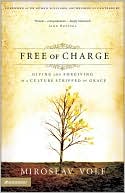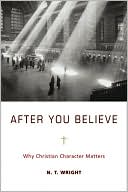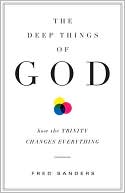“What hath Athens to do with Jerusalem? What between the Academy and the Church?” These are the famous words of the early church father Tertullian, and they mark the philosophy that he attempted to live by. He totally denounced all Roman authority, he exempted all Christians from civic obligations, he decried all forms of public entertainment, and he rejected the notion that any good could be gained from secular philosophy. What’s more, Tertullian promoted a rigorous ascetic lifestyle that sometimes went to unhealthy extremes. In short, Tertullian advocated complete rejection of all culture.
“What hath Athens to do with Jerusalem?” Well, apparently more than Tertullian realized. It is well known that he was highly influenced by Stoicism as a young man. The Stoics believed that one needed to maintain an emotional detachment from the physical world, part of which they achieved through a strict asceticism. It is pretty clear that this Stoic detachment from pain and pleasure influenced Tertullian throughout his Christian life. For example, he believed that sexual pleasure of any kind was a sin and should be avoided. Stoic philosophy was so embedded in him that although he claimed to reject it entirely he actually filtered his Christian beliefs through it.
Tertullian’s blind spot does not provide the answer for the questions of Christianity and culture, but it does provide some significant warnings. First, total separation from culture is simply not possible. One can hardly imagine an individual going further extremes than Tertuallian, and even he could not escape. Culture is the air the we breath. Christians obviously need to be discerning of culture and must reject much of it. But to say that Christians should avoid all culture is a non-answer. The very motives for rejecting pagan culture may be pagan themselves.
Secondly, Tertullian’s blindness reminds us of our own blindness. What Tertullian viewed as righteousness was actually an ethic derived from a secular, pantheistic philosophy. This early church father tried to draw dark, bold lines between Christ and the world, and he failed. Can you draw the lines between Christ and the world? It seems that suspicion is in order. Perhaps the world isn’t out there. Perhaps the world is much closer than you think.
Friday, November 13, 2009
Subscribe to:
Post Comments (Atom)









No comments:
Post a Comment